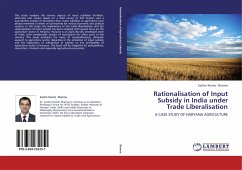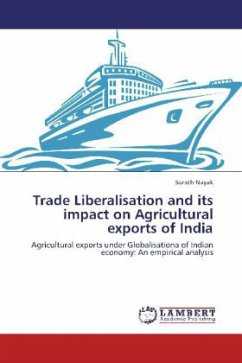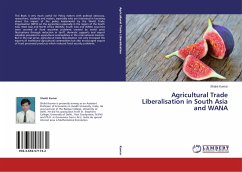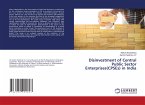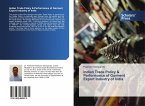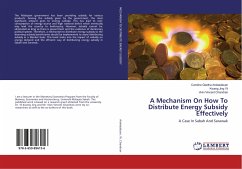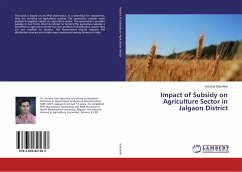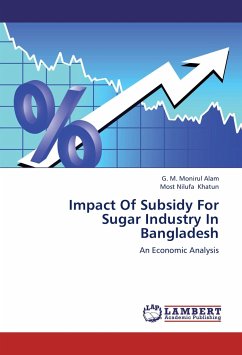This study analyses the various aspects of input subsidies (fertiliser, electricity and canal), based on a field survey of 324 farmers and a quantitative analysis of secondary data. Input subsidies to agriculture have always remained a matter of controversy for various economic and political reasons. In this study, the implications of the trade liberalisation and the rationalisation of input subsidy has been analysed with special focus on the agriculture sector in Haryana. Haryana is an agriculturally developed state of India, with considerable surplus of food-grains for other parts of the country. This study examines the issues of competitiveness, domestic support to agriculture sector, disparities in the utilisation of input subsidy and the implication of withdrawal of subsidy on the profitability of agriculture sector in Haryana. This book will be insightful for policymakers, researchers, students and especially agricultural economists.
Bitte wählen Sie Ihr Anliegen aus.
Rechnungen
Retourenschein anfordern
Bestellstatus
Storno

